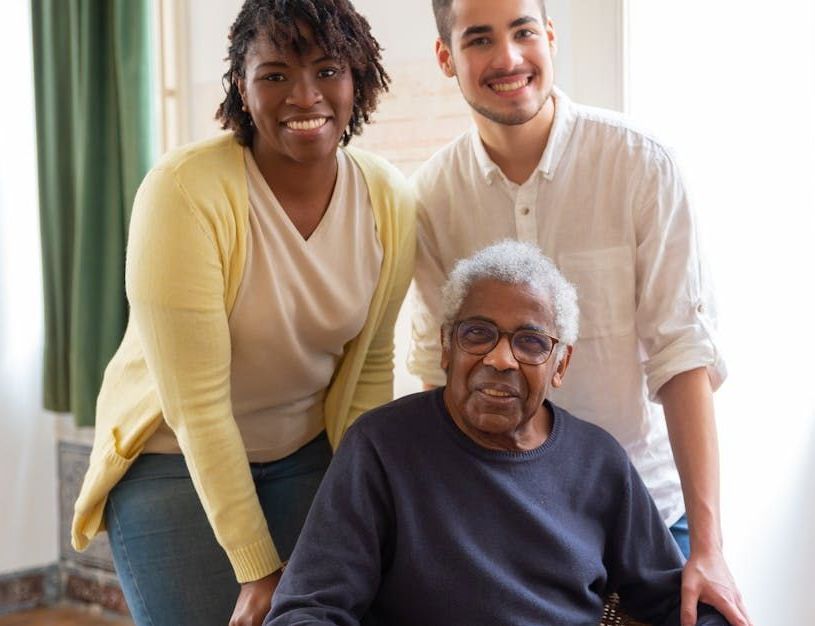Elder Mediation Options
Helping Families Navigate Complex Issues with Understanding and Compassion
At MPNE, we specialize in guiding adult family members through the complex terrain of family dynamics, particularly when tough decisions or unresolved conflicts arise. Our skilled mediators facilitate conversations that help family members express their concerns, understand each other's perspectives, and navigate diverse opinions.
We recognize that every family is unique, with its own values, priorities, and emotional histories. Our approach ensures that every voice is heard, fostering constructive dialogue that moves families beyond entrenched positions. Our goal is to create a path forward that respects each family member’s needs, paving the way for more harmonious and productive relationships.

Getting Started
Engagement begins with a 30-minute consultation, available individually to any interested family member. This session introduces mediation principles, our approach, and allows participants to make informed decisions about proceeding.
Once interest is confirmed, an agreement is signed outlining the mediation process, roles, timing, and financial terms. Individual, confidential conversations follow, where each participant can share their perspectives and hopes for the mediation.
Mediation Process
Mediation sessions, conducted in-person or virtually, are scheduled based on mutual agreement. These sessions, facilitated by a neutral mediator, explore key issues, identify common ground, and help the family determine next steps. While resolution is the goal, even unresolved issues often lead to better understanding and improved communication.
The mediator's role is to listen, organize, and facilitate discussions without giving advice or making decisions. Family members are responsible for actively participating, sharing information, and exploring options.
Outcomes
- Family members feel heard and involved in the resolution.
- Difficult subjects and lingering issues are addressed.
- Relationships may be mended, leading to a more constructive future.
- The family gains communication tools to use in future sensitive situations.
- Even if issues aren’t fully resolved, family members leave better informed and with fewer misperceptions.
